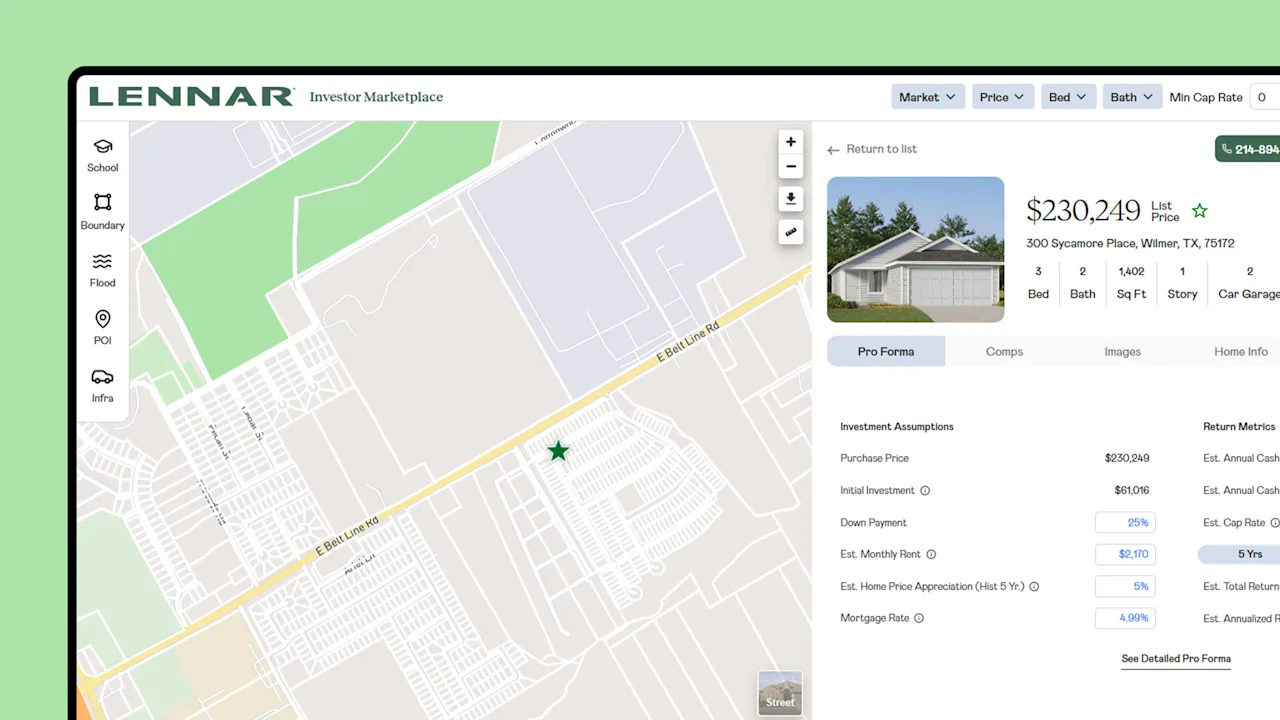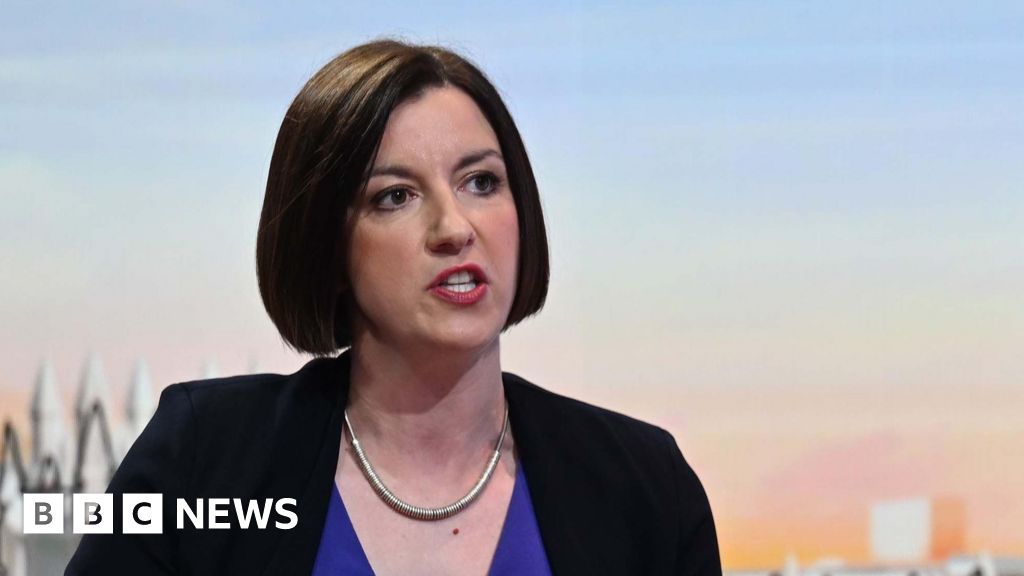Firefly Aerospace reveals target pricing as proposed IPO and stock listing date nears

Firefly Aerospace, the first commercial company to successfully land on the moon, just announced the target per-share pricing for its proposed initial public offering (IPO).
In a filing with the U.S. Securities and Exchange Commission (SEC) today, the Texas-based company shared that it applied to list its common stock on the Nasdaq exchange, with an offer of 16.2 million shares, each priced between $35 and $39 per share—a launch that could raise as much as $631.8 million for Firefly.
The company plans to trade its stock under the ticker symbol “FLY.”
According to Firefly, net proceeds from the IPO would be used “to repay outstanding borrowings under its credit agreement, pay any accrued and unpaid dividends on certain series of its preferred stock, and for general corporate purposes.”
If the IPO is approved by the Nasdaq, it will be the latest in a series of tech-focused listings that have drawn renewed investor interest this year, a group that includes fintech company Chime, stablecoin issuer Circle, and digital health platform Hinge Health.
Firefly has not announced an expected date for the listing, but said in a press release on Monday that it has launched its “road show.” Fast Company has reached out for more information on the timing.
What is Firefly Aerospace?
Firefly Aerospace is a private company focusing on building small- to medium-lift launch vehicles, lunar landers, and orbital vehicles from its headquarters in Cedar Park, Texas. Its proposed IPO comes just months after the company landed on the moon for the first time through a partnership with NASA.
The Blue Ghost Lunar Lander Mission 1, dubbed “Ghost Rider in the Sky,” was a collaboration between Firefly and NASA’s Commercial Lunar Payload Services (CLPS) initiative, which offers fixed contracts to commercial partners.
In all, CLPS awarded Firefly $101 million to craft a four-legged lander that could deliver 10 NASA payloads (weighing 340 pounds) to the moon’s surface. These payloads were designed to study topics like the behavior of lunar dust, the moon’s internal structure, and the Earth’s magnetosphere. The mission launched on January 15 and successfully touched down on March 2.
“It just shows that the private industry, the commercial world, has a lot of affordable, responsive technology and systems that could provide NASA a frequent means to go to the moon and carry out all these high-stakes critical-science missions for lower cost, as well as do it sustainably,” Firefly CEO Jason Kim told Fast Company in January.
Currently, Firefly is gearing up to complete two more missions for NASA in 2026 and 2028.
The company’s success, alongside the growing prominence of other players like Elon Musk’s SpaceX and Jeff Bezos’s Blue Origin, shows that private companies are becoming increasingly powerful in today’s space race—a trend that may make FLY stock a valuable asset to potential future investors.
What's Your Reaction?
 Like
0
Like
0
 Dislike
0
Dislike
0
 Love
0
Love
0
 Funny
0
Funny
0
 Angry
0
Angry
0
 Sad
0
Sad
0
 Wow
0
Wow
0




























































































